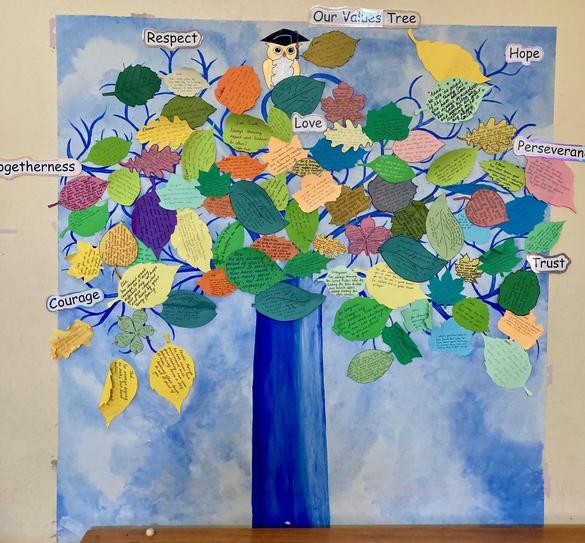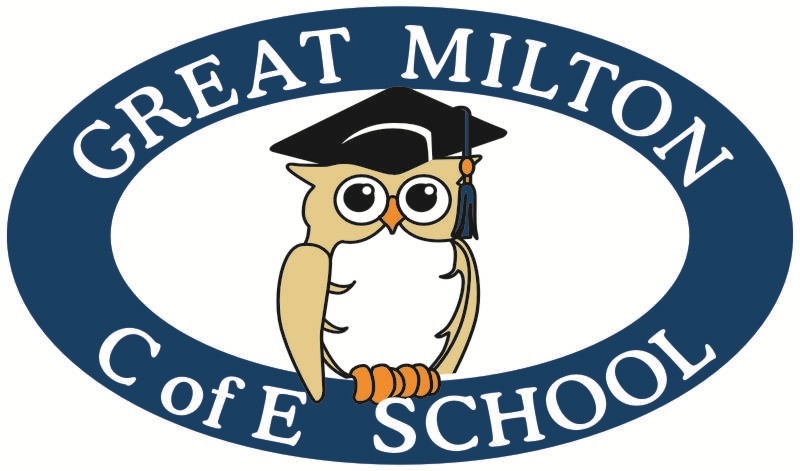PSHE
‘Let all you do be done in love’
1 Corinthians 16:1
Intent
Our PSHE education, including statutory Relationships and Health education, as recommended by the DfE, provides a framework through which key skills, attributes and knowledge can be developed and applied. This promotes positive behaviour, good mental health and wellbeing, resilience and achievement, helping children to stay safe online, develop healthy and safe relationships, making sense of media messages, challenging extreme views and having the skills and attributes to negotiate and assert themselves now and in the future.
The school’s PSHE provision supports the school’s aims of developing confident citizens and successful learners who are creative, resourceful and able to identify and solve problems. The social and emotional development of pupils is embedded throughout the entire school’s curriculum and culture. The school has a powerful combination of a planned thematic PSHE program, built around a spiral curriculum of recurring themes, designed to:
- Give pupils the knowledge and develop the self-esteem, confidence and self-awareness to make informed choices and decisions;
- Encourage and support the development of social skills and social awareness;
- Enable pupils to make sense of their own personal and social experiences;
- Promote responsible attitudes towards the maintenance of good physical and mental health, supported by a safe and healthy lifestyle;
- Enable effective interpersonal relationships and develop a caring attitude towards others;
- Encourage a caring attitude towards and responsibility for the environment;
- Help our pupils understand and manage their feelings, build resilience and be independent, curious problem solvers;
- Understand how society works and the laws, rights and responsibilities involved.
Implementation
At Great Milton C of E Primary School we use SCARF, a comprehensive scheme of work for PSHE and well-being education. It covers all of the DfE's new statutory requirements for Relationships Education and Health Education, including non-statutory Sex Education, and the PSHE Association’s Programme of Study’s recommended learning opportunities, as well as contributing to different subject areas in the National Curriculum.
We follow the six suggested half-termly units and adapt the scheme of work where necessary to meet the local circumstances of our school, for example, we may use our local environment as the starting point for aspects of our work. The school council is also consulted as part of our planning, to ensure pupil voice is considered and fed into the planned programme.
Our PSHE subject lead, Sarah Taylor, works in conjunction with teaching staff in each year group and the phase leads (EYFS, KS1 and KS2) and is responsible for ensuring that all staff are equipped with the knowledge, skills and resources to deliver PSHE education confidently. Teachers can access a range of teaching support resources within SCARF, including guidance documents and teacher training films. Any teacher wanting further support should contact the PSHE subject lead in the first instance to discuss their training needs.
Class teachers follow the suggested six half termly units provided by SCARF for each year. Lessons can be a weekly standalone PSHE lesson or be cross-curricular. The lesson plans list the specific learning objectives for each lesson and provide support for how to teach the lessons; class teachers and our PSHE lead often discuss this on an informal basis.
We have chosen SCARF as our PSHE resource because the lessons build upon children’s prior learning; we have assessed the content and feel that it is relevant and sensitive to the needs of the children. There is planned progression across the SCARF scheme of work, so that children are increasingly and appropriately challenged as they move up through the school. Assessment is completed by the class teacher using the SCARF Summative Assessment ‘I can…’ statements, alongside the lesson plan learning outcomes to demonstrate progression of both skills and knowledge.

Our vision is for all children to acquire the life skills needed to thrive.
Impact
By the time they leave our school, personal, social and health education (PSHE) enables our learners to become healthy, independent, and responsible members of our society. We want all our children to have a ready willingness and ability to try new things, push themselves, and persevere. We want our children to have a good understanding of how to stay safe and healthy and develop good relationships. Our curriculum helps children understand how they are developing personally and socially and tackles many of the moral, social, and cultural issues that are part of growing up. Pupils to learn about rights and responsibilities and appreciate what it means to be a member of a diverse society. Our children are encouraged to develop their sense of self-worth by playing a positive role in contributing to school life and the wider community. We want them to leave our school with strong self-awareness, interlinked with compassion of others
Our Values Tree
Our school values are embedded in our PSHE/RSE curriculum. We celebrate 'living' our values in our celebration assemblies every Friday afternoon. The impact of our PSHE/RSE teaching and learning is reflected in the children's achievements.

Useful information
SCARF-EditableLong-termplanforPSHEandwellbeingeducationV8 (2) (1).docx
